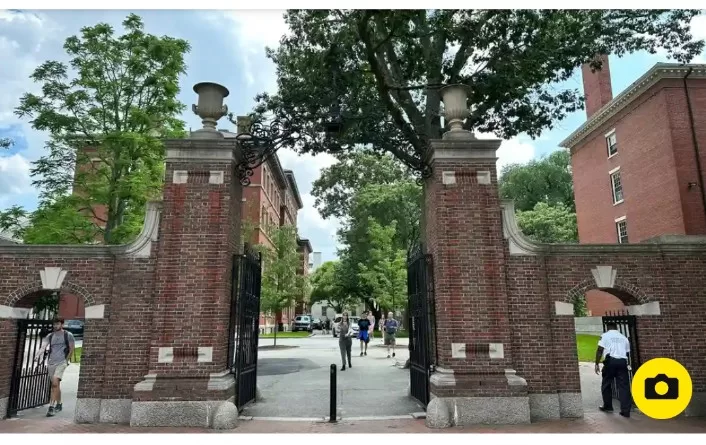Prominent American corporate leaders are vehemently demanding that Harvard University divulge the identities of students who endorsed a contentious letter attributing blame to Israel for the deadly Hamas attacks, precipitating a grave escalation of violence encompassing Israel and Gaza. This impassioned plea from several chief executives stems from a desire to be aware of, and subsequently refrain from hiring, these students upon their graduation from Harvard.
Bill Ackman, a billionaire hedge fund manager and the CEO of Pershing Square, took to Twitter to emphasize the necessity for transparency, asserting that the “names of the signatories should be made public so their views are publicly known.” Ackman also maintained that individuals should not be allowed to shield themselves behind corporate affiliations when endorsing statements that lend support to terrorist actions.
The contentious letter in question was endorsed by approximately 30 Harvard student organizations and was made public following the coordinated Hamas attacks, which claimed the lives of over a thousand individuals, including numerous attendees of a music festival and at least 25 Americans. President Joe Biden characterized the events as the “deadliest day for Jews since the Holocaust.” The letter vehemently assigned full responsibility to the Israeli regime for the ongoing violence, highlighting the plight of millions of Palestinians confined to an “open-air prison” subjected to retaliatory airstrikes by the Israeli military.
Condemnation of the letter has been robust, with political and business leaders expressing their disapproval. Democratic Congressman and Harvard alumnus Seth Moulton categorically denounced the letter as “outright terrorism,” emphasizing the imperative of open and honest debates on college campuses without resorting to censorship.
Jonathan Neman, CEO of the restaurant chain Sweetgreen, unequivocally articulated his desire to acquire knowledge of the students behind the letter, declaring that it would influence his hiring decisions.
Nevertheless, the dissemination of lists containing student names and personal information under derogatory labels such as “terrorist,” “genocidal murderer,” and “antisemite” has raised ethical concerns. Several groups initially listed as signatories have subsequently retracted their support, asserting their lack of full awareness regarding the letter’s content.
Harvard’s President, Claudine Gay, iterated that while students have the right to voice their opinions, the collective stance of these student groups does not represent Harvard University or its leadership. She emphasized the need for measured rhetoric in these challenging times and urged the academic community to engage in illuminating, rather than inflammatory, dialogues.




